-
Doctors
-
Specialities & Treatments
Centre of Excellence
Specialties
Treatments and Procedures
Hospitals & Directions HyderabadCARE Hospitals, Banjara Hills CARE Outpatient Centre, Banjara Hills CARE Hospitals, HITEC City CARE Hospitals, Nampally Gurunanak CARE Hospitals, Musheerabad CARE Hospitals Outpatient Centre, HITEC City CARE Hospitals, Malakpet
HyderabadCARE Hospitals, Banjara Hills CARE Outpatient Centre, Banjara Hills CARE Hospitals, HITEC City CARE Hospitals, Nampally Gurunanak CARE Hospitals, Musheerabad CARE Hospitals Outpatient Centre, HITEC City CARE Hospitals, Malakpet Raipur
Raipur
 Bhubaneswar
Bhubaneswar Visakhapatnam
Visakhapatnam
 Nagpur
Nagpur
 Indore
Indore
 Chh. Sambhajinagar
Chh. SambhajinagarClinics & Medical Centers
Book an AppointmentContact Us
Online Lab Reports
Book an Appointment
Consult Super-Specialist Doctors at CARE Hospitals
Concussion: Symptoms, Causes and Treatment
Updated on 18 November 2024
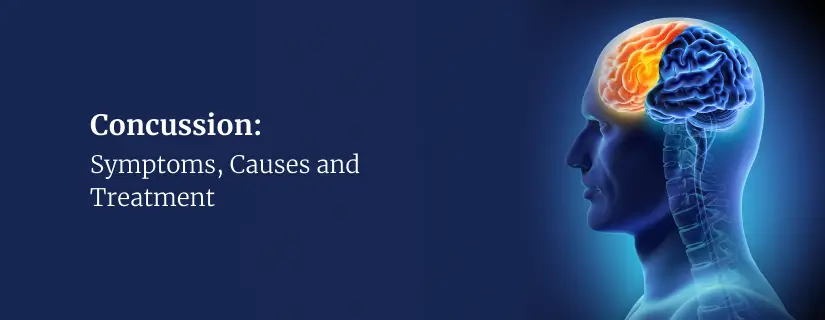
Have you ever wondered what happens when your head takes a hard knock? A concussion is more than just a bump on the head. It's a type of brain injury that can have serious effects on your health & wellness. Concussions are common in sports and accidents, but many people don't know how to spot the signs or what to do if they suspect one.
This blog will shed light on concussion symptoms, causes, and treatment options. We'll explore how to recognise a concussion injury and when to seek medical help. We'll also learn about the risks of post-concussion syndrome and ways to prevent these brain injuries.
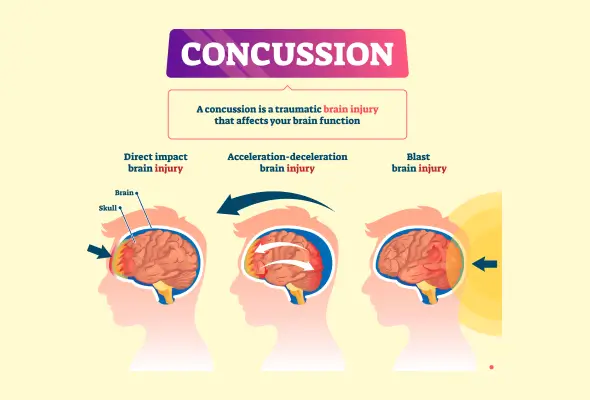
What is a Concussion?
A concussion can be considered as a mild traumatic brain injury. It occurs when the brain moves or twists inside the skull. It's typically caused by a blow to the head or body, resulting in a temporary loss of normal brain function. Although concussions are usually not life-threatening, they can have serious effects on a person's health and well-being.
Concussions are common in contact sports, falls, and accidents. They can cause numerous symptoms, including headaches, dizziness, confusion, and fatigue. These symptoms may not appear immediately & can develop over hours or days following the injury.
Causes of Concussion
Concussions occur when the brain moves or twists inside the skull due to a sudden force. This can happen in various situations, such as falls, motor vehicle accidents, and sports-related injuries. Being soft and cushioned by cerebrospinal fluid, the brain is susceptible to damage when subjected to rapid acceleration or deceleration.
During a concussion, the brain slides back & forth against the inner walls of the skull. This movement can result from a direct blow to the head, neck, or upper body. It's important to note that a concussion injury doesn't always involve a direct impact to the head. For example, a sudden jolt to the body during a car crash or a collision in sports can cause the brain to move within the skull.
These forces can lead to a complex cascade of biochemical reactions in the brain, affecting its normal function. The exact process is still not fully understood, but it's believed to involve alterations in brain metabolism and temporary disruption of nerve cell communication.
Symptoms of Concussion
Concussion symptoms can vary greatly and may not appear immediately after the injury. They typically fall into four categories: physical, cognitive, emotional, and sleep-related.
- Physical symptoms often include headaches, neck pain, dizziness, balance issues, vision changes, tinnitus, and sensitivity to light or noise.
- Cognitive issues may involve confusion, difficulty concentrating, brain fog, and short-term memory problems.
- Emotional changes can manifest as irritability, anxiety, depression, or mood swings.
- Individuals may experience sleep disturbances, such as sleeping more or less than usual.
It's crucial to note that symptoms can develop over hours or days following the injury. Some individuals may experience subtle changes that become more pronounced over time. This delayed onset can make it hard to recognise a concussion immediately. Therefore, monitoring for any changes in behaviour or well-being after a head injury is essential, even if initial symptoms seem mild.
Risk Factors
Several factors can increase the possibility of experiencing a concussion, such as:
- A history of prior concussion
- Certain sports pose a higher risk of concussion, such as collision sports like football, ice hockey, soccer, and rugby have the highest rates.
- Vehicle accidents
- People older than 65 and younger athletes appear more susceptible to concussions.
Complications
Concussions can lead to severe complications, primarily if not properly managed, such as:
- One of the most significant concerns is post-concussion syndrome (PCS), where symptoms persist for months or even years after the initial injury. This condition can result in ongoing headaches, difficulty concentrating, and memory problems, significantly impacting daily life.
- Another rare but potentially fatal complication is second impact syndrome (SIS). This occurs when a person sustains one more concussion before fully recovering from the first. SIS can cause rapid brain swelling and may be life-threatening.
- Repeated concussions may increase the risk of neurodegenerative conditions such as Chronic Traumatic Encephalopathy (CTE), Alzheimer's, & Parkinson's disease. CTE, in particular, is associated with cognitive decline, behavioural changes, and memory loss in later life.
Other complications are:
- Intracranial haemorrhage (bleeding in the brain)
- Cerebral Oedema (brain swelling)
- Skull fracture
Diagnosis
Diagnosing a concussion relies on a comprehensive evaluation by a doctor. The process typically involves:
- Physical Examination: Your doctor will assess your vision, hearing, ability to concentrate, your response and sensitivity to light.
- Neurological Tests: These tests help assess reflexes, balance, coordination, and sensory functions.
- Cognitive Test: These tests help evaluate memory, concentration, and problem-solving skills.
- Imaging: While imaging tests like CT scans and MRI cannot directly diagnose a concussion, they can help rule out more severe brain injuries. These scans can detect bleeding or swelling in the brain, which are potential complications of head trauma.
- Additional Tests: Specialised tools, such as the SCAT5 (Sport Concussion Assessment Tool), are often used to aid concussion assessment, particularly in sports-related injuries.
Treatment for Concussion
- Rest and Reintroduction: The cornerstone of concussion treatment is rest, both physical and cognitive. These allow the brain to heal and recover. In the initial days following a concussion, limiting activities requiring concentration, such as watching TV, using smartphones, or studying, is crucial. These can trigger symptoms and slow recovery. Gradually, patients can reintroduce daily activities as tolerated without provoking symptoms.
- Physical Activity: Light exercise, like stationary cycling or gentle jogging, may be beneficial after a few days. However, individuals should avoid contact sports until full recovery and medical clearance.
- Medication: For pain relief, doctors may recommend medicines. Avoiding other pain relievers like ibuprofen or aspirin is essential, as they may increase bleeding risk. Specialised therapies or cognitive rehabilitation may sometimes be necessary to address persistent symptoms.
When to See a Doctor
Seeking medical attention is crucial after a head injury, even if symptoms aren't immediately apparent. It's advisable to see a doctor within 1-2 days of a concussion injury, especially for children and adolescents. However, certain symptoms warrant immediate emergency care. These include:
- Repeated vomiting
- Loss of consciousness lasting over 30 seconds
- Worsening headaches
- Changes in vision
- Slurred speech
- Coordination
- Fluid or blood discharge from the ears or nose
- Seizures
- Severe confusion
- Numbness, weakness or a sensation of tingling in your arms or legs
- For infants under 12 months, any head injury symptoms require urgent medical evaluation. Remember, concussion symptoms can develop or worsen over time, so vigilant monitoring is essential.
Prevention
While it's impossible to eliminate all concussions in sports, several strategies can reduce their occurrence and severity.
- Proper education is crucial, targeting athletes, parents, coaches, and officials about concussion risks, signs, and symptoms.
- Enforcing rules that promote safety, such as banning dangerous tackles and limiting high-risk impacts, is essential.
- Encouraging proper technique, especially in contact sports, can significantly lower concussion risks.
- Neck strengthening exercises have shown promise in reducing the whiplash effect associated with concussions.
- Additionally, ensuring athletes wear well-fitted protective equipment, though not a guarantee against concussions, can help mitigate the risk of severe head injuries.
Conclusion
Concussions have a significant impact on a person's health and daily life. Concussions can happen in various situations, from sports to accidents, and their effects can last for days, weeks, or even longer. Awareness of concussion signs and how to respond is crucial for everyone, not just athletes. By understanding the risks and taking steps to prevent concussions, we can help protect ourselves and others from potentially serious brain injuries. Remember, when in doubt about a possible concussion, it's always advisable to take medical advice to ensure proper diagnosis and treatment.
FAQs
1. How common are concussions?
Concussions are relatively common. However, many concussions go undiagnosed or untreated, making it challenging to determine the exact prevalence.
2. What are the three stages of a concussion?
Concussions are typically classified into three grades based on severity:
- Grade 1 (Mild): No loss of consciousness; symptoms last less than 15 minutes.
- Grade 2 (Moderate): No loss of consciousness, symptoms last longer than 15 minutes.
- Grade 3 (Severe): Loss of consciousness, either briefly or for an extended period.
3. Do concussions heal on their own?
Most concussions heal on their own with proper care. However, recovery time depends on the severity of the injury and individual factors. While many people recover fully within a few weeks, some may experience persistent symptoms lasting months or longer, known as post-concussion syndrome.
4. What not to do after a concussion?
After a concussion, avoiding activities that could worsen symptoms or risk further injury is crucial. These include:
- Returning to sports or vigorous activities too soon
- Engaging in activities with a high risk of head injury
- Consuming alcohol
- Spending excessive time in front of screens (TV, computer, phone)
- Ignoring or downplaying symptoms
5. Is concussion serious?
Concussions are serious injuries that affect brain function. While most people recover fully with proper care, concussions can have potentially significant health implications. Repeated concussions or improper management can lead to long-term complications. It's essential to treat all concussions seriously and seek medical attention promptly.
6. How long do concussions last?
The duration of concussion symptoms varies widely. Most people recover within 7-10 days, but some may experience symptoms for weeks or even months. For those under 18, normal recovery is considered to be around 30 days, while for adults over 18, it's typically about 14 days. However, each case is unique, and recovery time can depend on the severity of the injury and individual characteristics.
To Book an Appointment, call:
ENQUIRY FORM
SELECT CATEGORIES
-
Neurosciences (16)
-
Neurology (37)
-
Neurosurgery (14)
-
Orthopaedics (48)
-
Oncology (33)
-
Obstetrics and gynecology (52)
-
Pulmonology (23)
-
Urology (20)
-
Nephrology (13)
-
Psychiatry (7)
-
Dietetics and Nutrition (111)
-
General Medicine (63)
-
Cardiac Sciences (32)
-
Vascular & Endovascular Surgery and Interventional Radiology (15)
-
Gastroenterology (46)
-
Endocrinology (23)
-
Plastic Surgery (10)
-
Critical Care Medicine (5)
-
COVID-19 (16)
-
Dermatology (16)
-
Emergency Care (1)
-
Ophthalmology (4)
-
Pediatrics (14)
-
Laparoscopic and Bariatric Surgery (8)
-
ENT (15)
-
Kidney Transplant (1)
-
Liver Transplantation and Hepatobiliary Surgery (5)
-
General Surgery (3)
-
Internal Medicine (5)
-
Medicine Information
Flu Headache: Symptoms, Causes and Treatment for Relief
Mild Cognitive Impairment: Symptoms, Causes, Complications and Treatment
YOU MAY ALSO LIKE
RECENT BLOGS
-

Preterm Birth (Premature Birth): Symptoms, Causes, Treatment and Prevention
13 May 2025
Read More
-

Rotablation Angioplasty: Benefits, Treatments, And Recovery Time
9 May 2025
Read More
-

What Is The Difference Between IUI and IVF?
9 May 2025
Read More
-

Venous Malformations: Causes, Symptoms, and Treatment
30 April 2025
Read More
-

Varicose Vein Foam Sclerotherapy: Treatment, Benefits, and Procedure
30 April 2025
Read More
-

Radiofrequency (RF) Ablation Treatment for Varicose Veins: Know More
30 April 2025
Read More
-

Varicose Vein Sclerotherapy: Treatment, Benefits, and Procedure
30 April 2025
Read More
-

Varicose Vein Endovenous Laser Ablation: Procedure, Benefits, Risks
30 April 2025
Read More
Have a Question?
If you cannot find answers to your queries, please fill out the enquiry form or call the number below. We will contact you shortly.




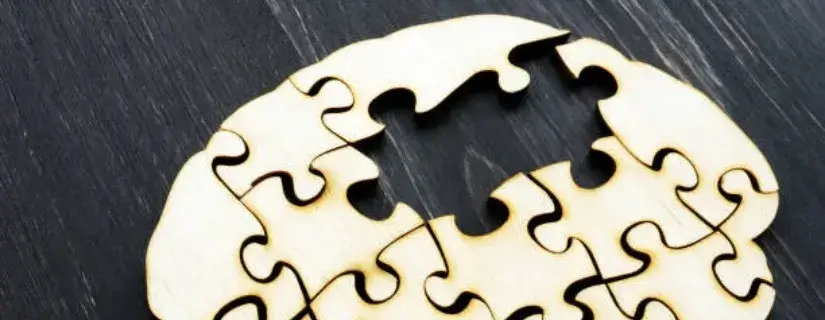
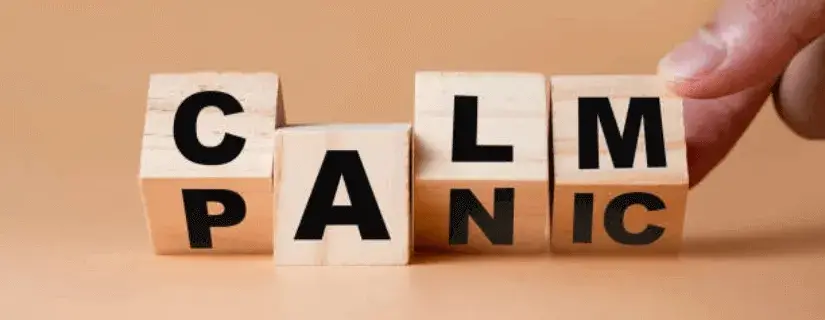
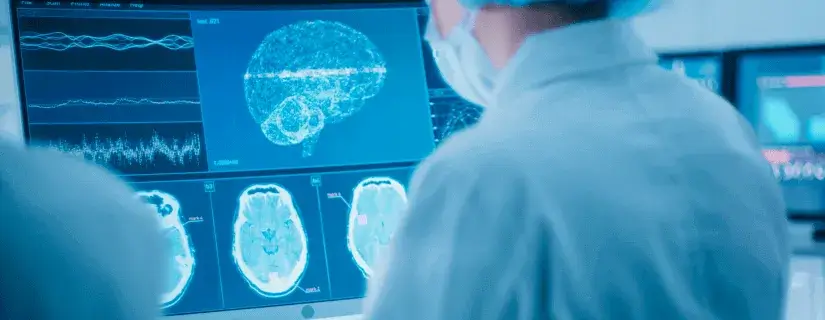
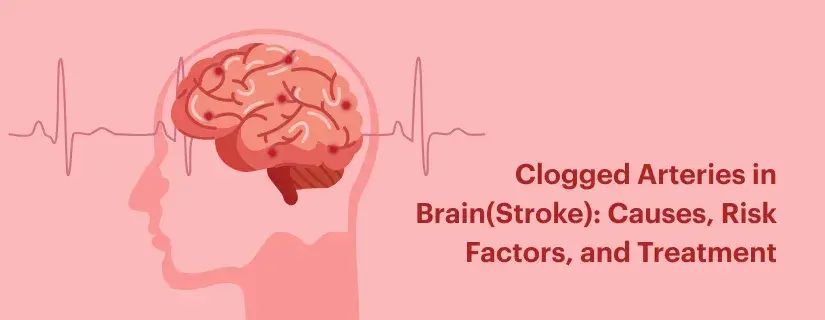


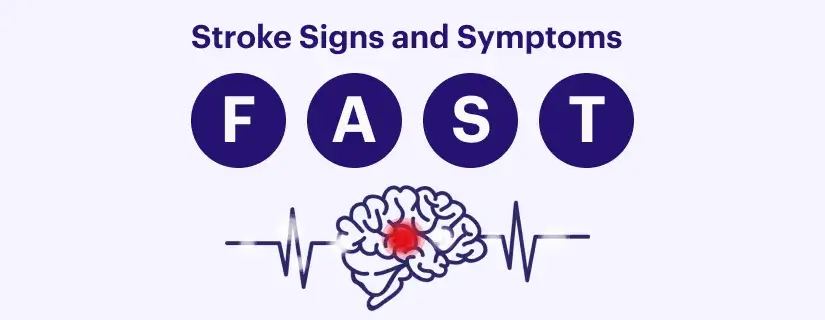
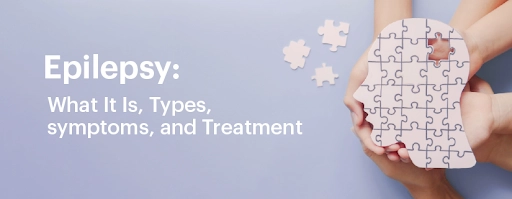
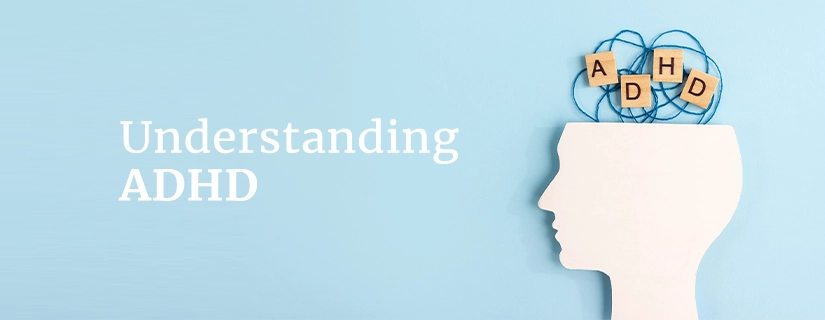
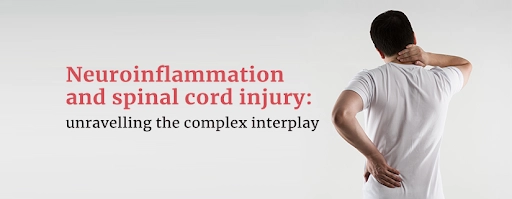
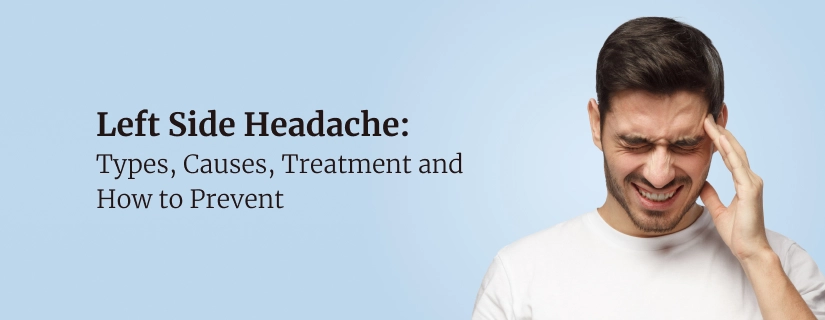
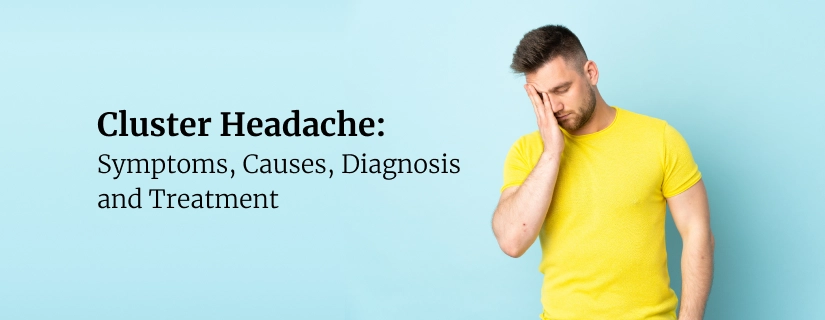


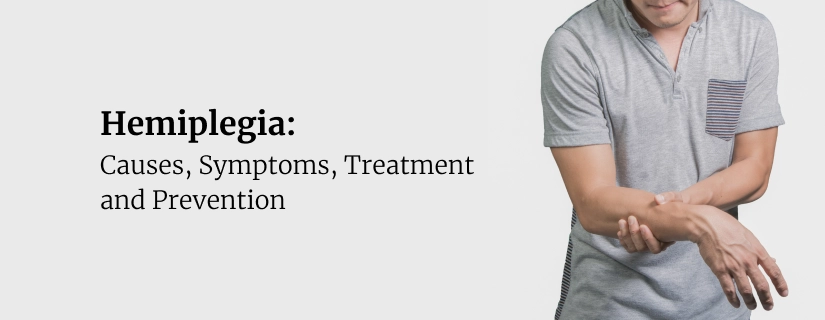
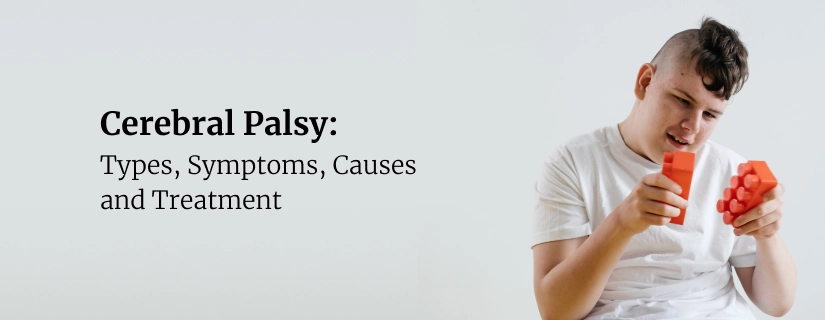
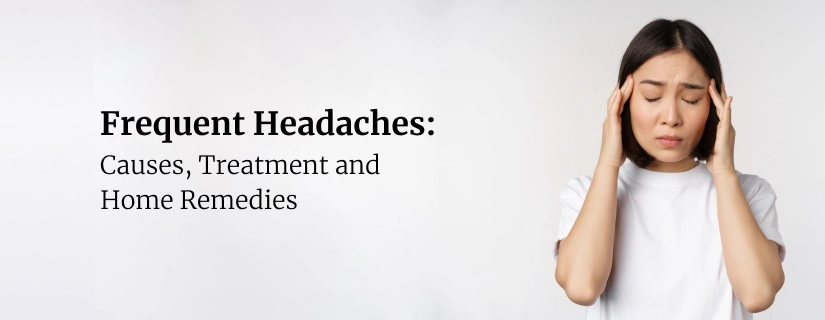
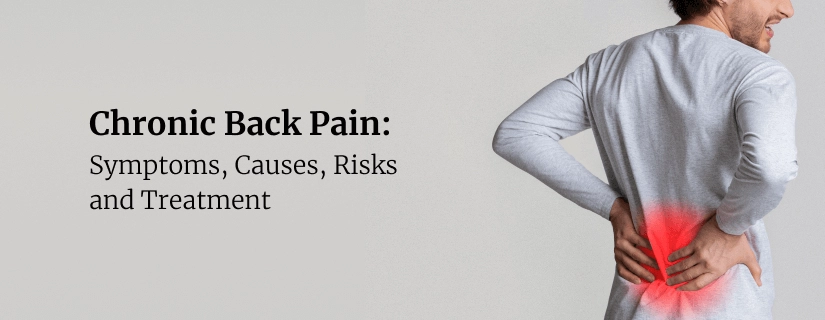
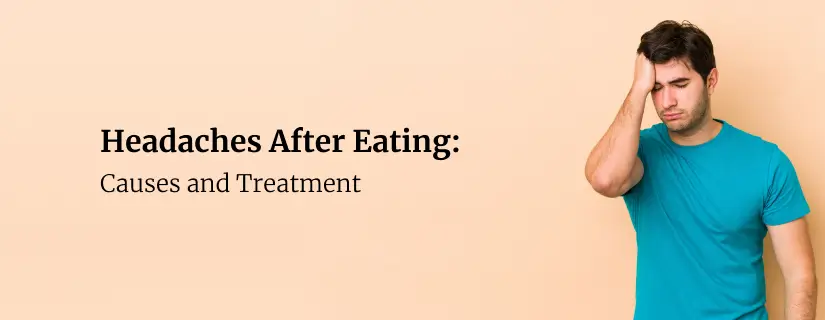
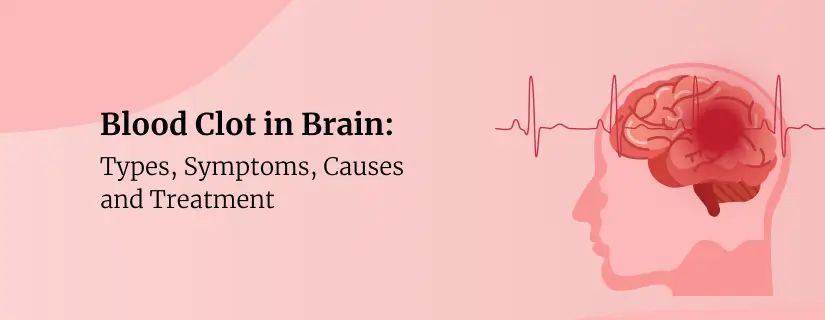
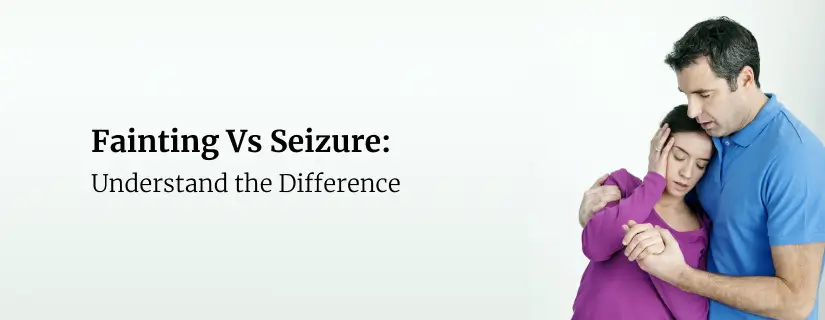
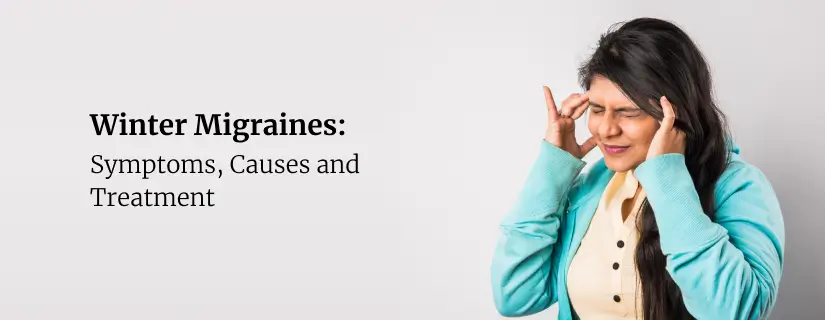
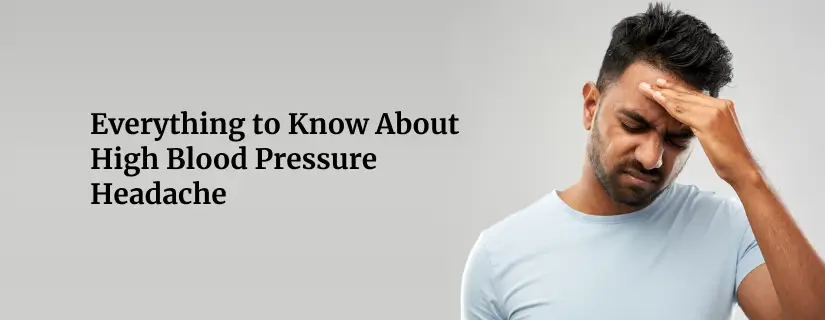
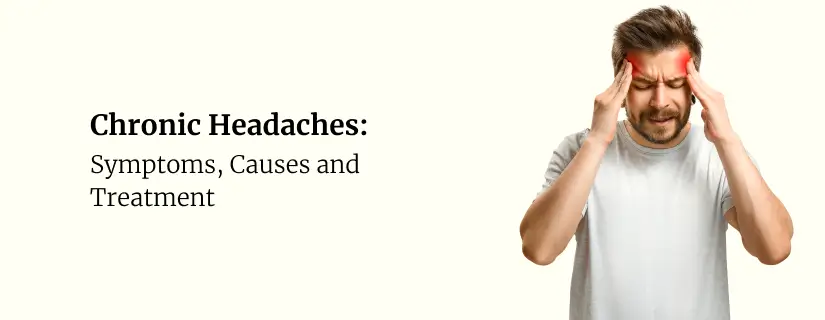
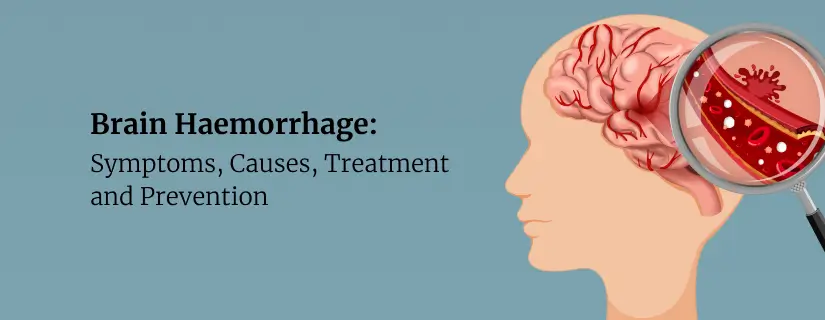
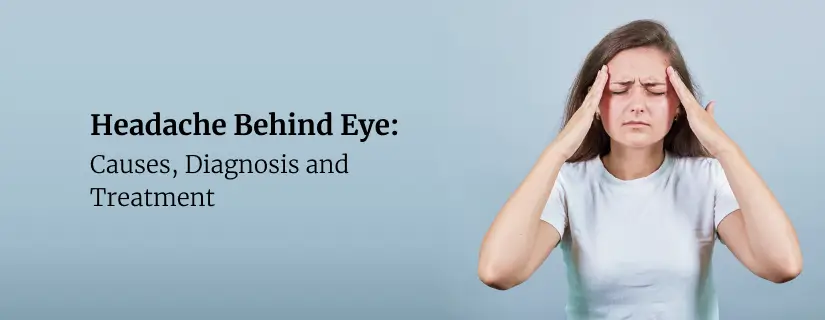
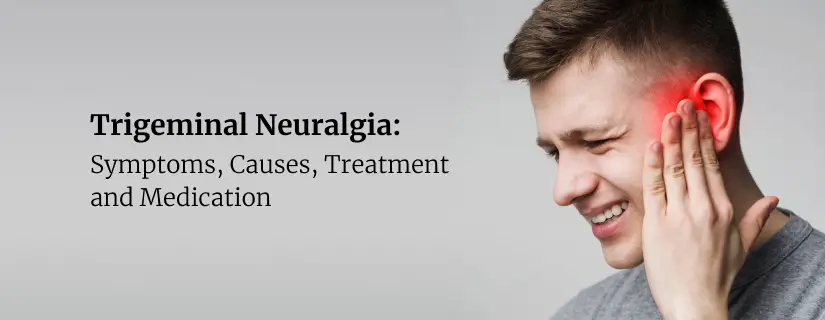
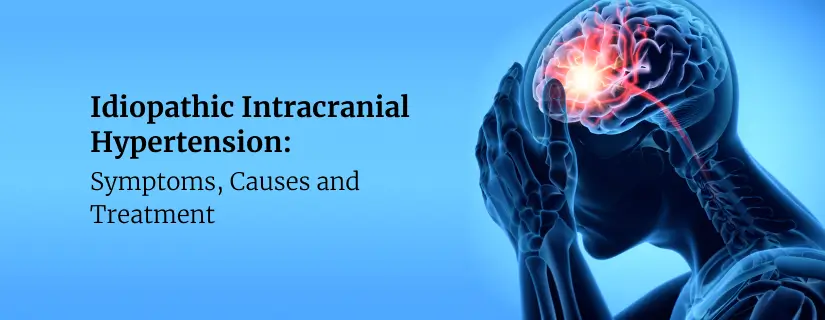
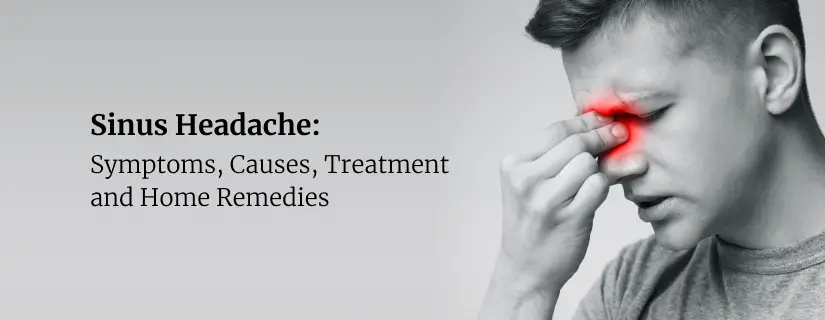
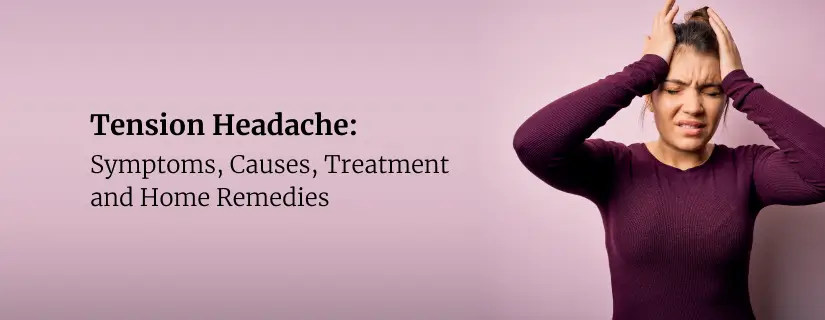
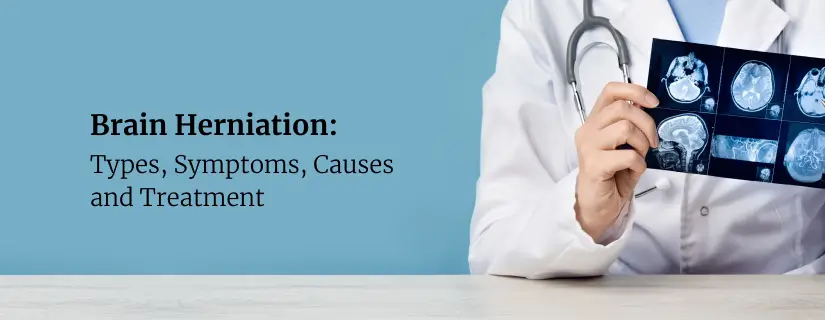
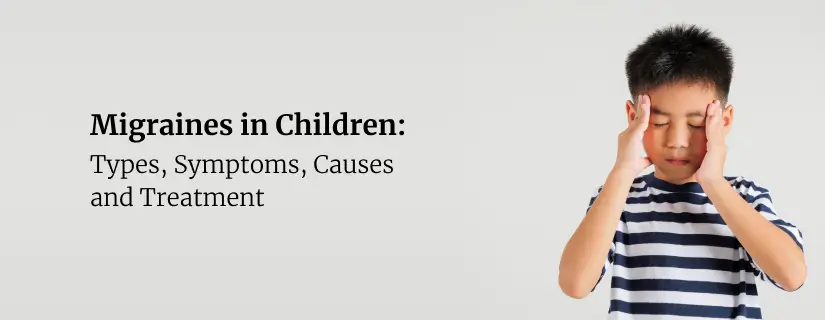
.webp)